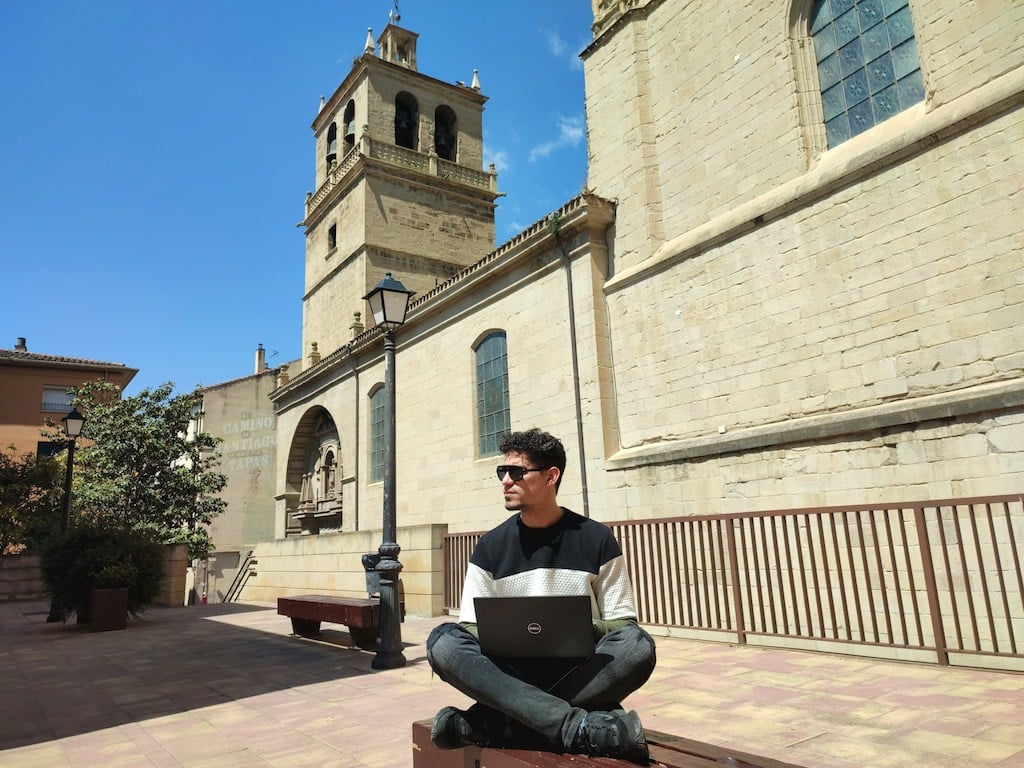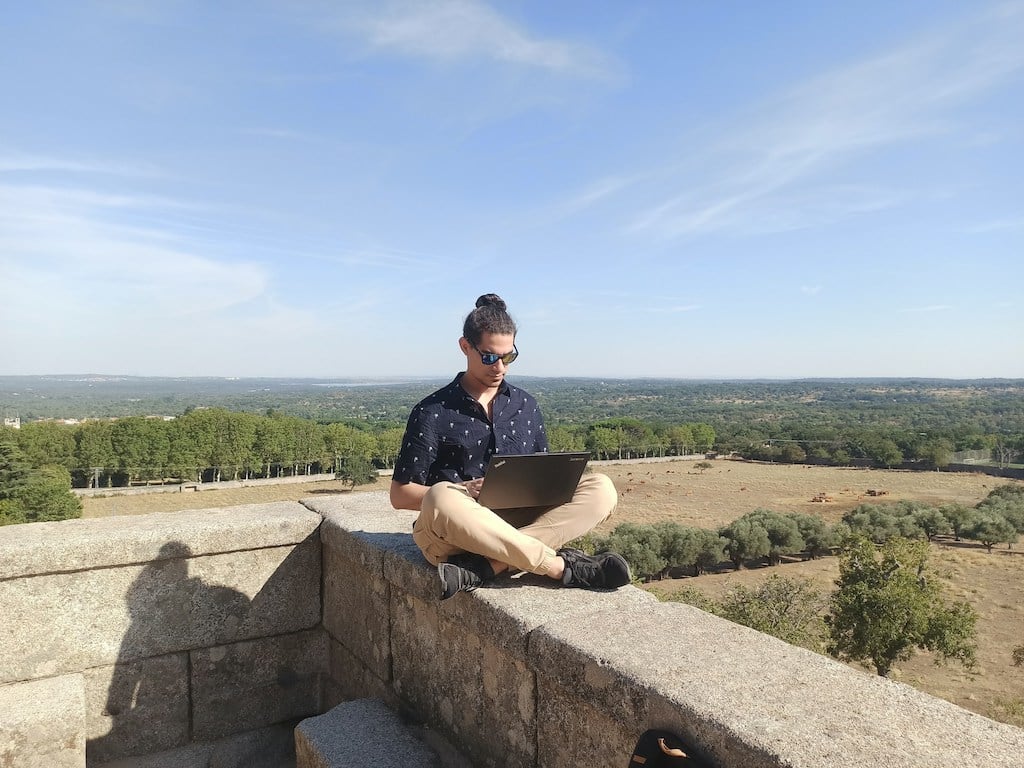“Starting from January 1st 2021, British citizens planning to stay in Italy for more than 90 days (‘long stay’) within 180 days, will be subject to national visa requirements, according to the Italian immigration rules applied to third country nationals,” read a statement posted on the website of the Italian consulate in London on Thursday.
It read: “Starting now, British citizens may submit a Long Stay visa application for entry on 1 January 2021 or later”.
If applying for the following purposes:
• Study
• Religious purposes
• Mission
• Elective residency
READ ALSO:
- How to register for residency in Italy: A step-by-step guide for Brits
- How to get the new piece of Brexit paperwork all Brits in Italy need
- Just how guaranteed are the rights of Britons living in Europe?
See The Local's Brexit section for more details and updates.






 Please whitelist us to continue reading.
Please whitelist us to continue reading.
Does anyone know if the 90-day rule applies to UK citizens arriving before 31-Dec?
Arrived in Italy early Dec and submitted residency app that is currently snarled up in bureaucracy and local uncertainty over policy.
Next appointment is scheduled just over a week before I’d need to leave if 90 days counts from my arrival date.
Hoping I can stay until at least 31 March to give this time to resolve but the back up plan is to return to UK and apply for the long-term visa so obviously want to avoid an overstay report.
Can’t seem to find any guidance on whether:
a) 90 days does apply and starts from when I arrived in EU
b) 90 days applies only from 1 January when I became a third-country national (so have until 31 Mar)
c) it doesn’t apply because I arrived before Brexit as an EU citizen
I will contact the consulate/FCO for their take on it but just wanted to check to see if anyone else has already checked the same scenario and what their answer was.
Me and my partner are in a similar scenario. We also arrived in early December but failed to apply for residency before the cut-off date.
My understanding is that the 90 days starts from the 1st Jan. This was confirmed by an immigration solicitor. Here is their website – https://www.mazzeschi.it/
They were very quick to reply so might be worth sending them an email yourself.